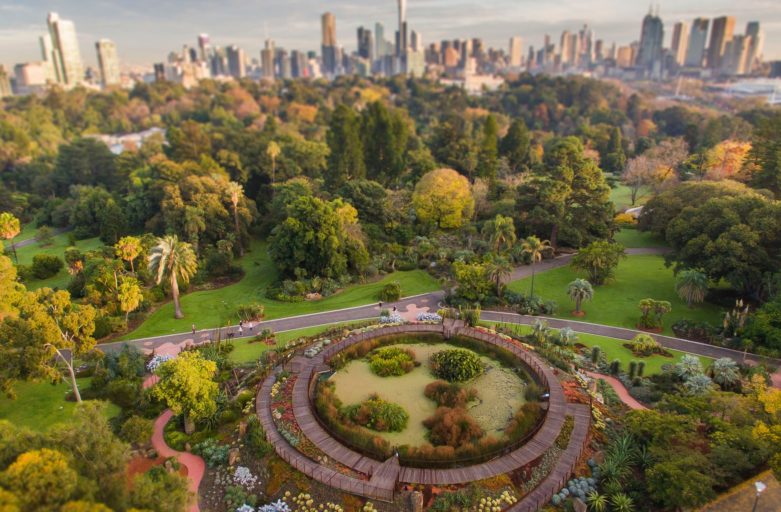Researchers at the University of Adelaide concluded during the study that the diversity of trees in urban parks increases the immunity of citizens.
Variety of green areas in cities can improve the diversity of soil microbiota to a more natural state which, in its turn, positively affects human health and increases immunity.
The aim of the study was to specify whether urban green spaces can be microbiologically restored. This process is also known as microbiome rewilding. According to scientists, the microbiome rewilding will expose citizens to a large number of microbiotic microorganisms, and thus will boost the immune system of citizens to a greater extent.
The scientists compared the composition of different types of urban green spaces with different levels of vegetation diversity including lawns, wastelands, parkland, wetlands and residual forests in South Australia.
The study found that green spaces with forest residues contained more native plant species rather than plantations such as lawns or wastelands and, therefore, more microbiota diversity. Soil microbiotas in urban green spaces were similar to microbiotas found in residual forests and were very different from lawns and wastelands, which had less microbiota diversity.
«Urban areas with a low microbial content tend to be more favorable for pathogens and pests. Increasing the diversity of plant species is important to the structure of microbial communities and enhances ecosystem function,» says Jacob Mills, the researcher from the Environment Institute at the University of Adelaide.
«Increased biodiversity can reduce disease levels by better preparing our immune system for disease control», concludes the scientist.
Source: hightech.fm


